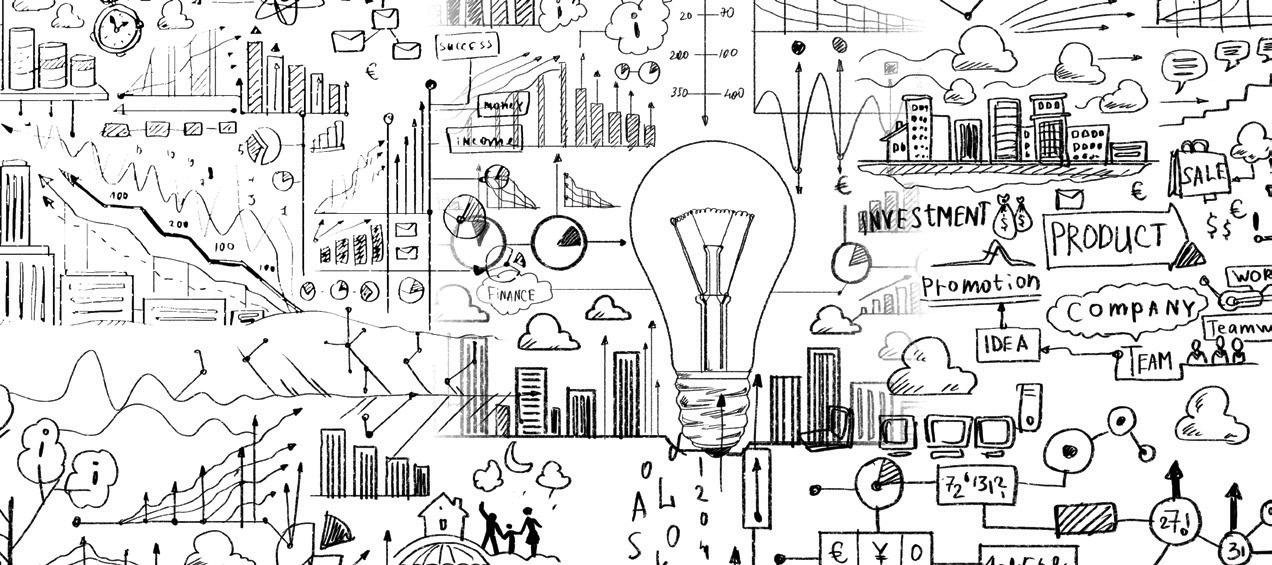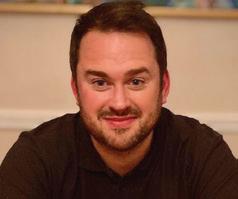
7 minute read
Hotel TV Project Management
As Hotel TV systems become more complicated, so too does their design and deployment. Today’s feature rich, IoT driven technology is changing the parameters of the industry’s project management function.
We speak with Project Manager and long-time Hotel TV logistics expert, Tom Chapman, and talk about Airwave’s project management machine.
Tom Chapman, Project Manager, Airwave

TELL US ABOUT YOUR ROLE? I’m one of several project managers within Airwave’s operations team and work on our multi-layered, integrated systems projects. Essentially, I act as an intermediary between the sales team, technical department and the client, ensuring we’re all communicating and working as e ciently and coste ectively as possible.
I know I don’t look old enough, but I’ve been performing similar roles in the hospitality technology industry for nearly 21-years!
THAT’S A LONG TIME! HOW HAS THE HOTEL TV INDUSTRY CHANGED FROM A PROJECT MANAGEMENT PERSPECTIVE? The complexity and scope of today’s Hotel TV system is a world apart from what it used to be. When I fi rst started in the industry, the challenges were fairly straightforward. We’d ensure the aerial and satellite to TV network was implemented and all channels available, we’d ensure that each TV was cloned (hotel TVs can be “cloned” to expedite one TV’s settings across every TV) and we’d either desk or wall-mount each screen. The only added complexity arose from VOD (video on demand), but this was very much a “fi ve-star only” domain.
Now of course, things are very di erent. Complexity arises not only from advancing technology, but the integration of systems with various third-party suppliers and partners - for example the hotel’s WIFI & network provider (if not managed by Airwave). Is this robust enough to support our system? Is the provider available, or willing, to talk to our technicians? A third party introduces an added dimension to a project that needs to be managed carefully.
We also need to be cognisant of the complexities that IoT solutions bring; whilst IoT delivers innovation and infi nite possibilities, it can also be temperamental! We need to be proactive and alert. TALK US THROUGH THE WORKFLOW OF A TYPICAL PROJECT This actually starts before I take ownership; we’ll typically engage our pre-sales team to implement a full site-survey, the nature of which dependent on the scope of the project. Most Airwave engineers are multi-disciplined and able to cover all aspects of the survey, but it’s not unusual to send engineers with various skillsets to advise on large, multi-faceted jobs. As an example, an RF engineer to review the hotel’s RF distribution, whilst a network specialist concurrently surveys WIFI/LAN/IP infrastructure.
This analysis details the scope and complexity of the project, allowing me to work alongside the account manager and technical team to present a “good, better, best” proposal to the customer. All being well, we’ll kick o the project and the real work begins!
This commences with a series of conversations between the sales and technical team -these interactions are critical to the smooth running of the project and we’ll speak at great length, covering o all areas and contingencies in micro-detail.
From this point forward, I am in constant contact with the lead technical engineer, it can be a little intense and often morphs into something like a husband and wife relationship!
Next, a site meeting with the client. This covers the job’s logistics: project stakeholder introductions, stock lead times, proof of concept rooms, access and delivery, fl oor plans, design team input – the list is long.
I insist on visiting every room in the hotel to look for potential problems – this might seem excessive but you’d be surprised at the number of issues that can be mitigated by doing this. I’ll take a virtual clipboard and review power, data and RF outlets, check the area and structural integrity of wall surfaces - and I count rooms! Believe it or not, it’s not uncommon for a GM to misquote, or not know, the number and layout of rooms in their hotel.
Whilst on site, the lead technical engineer and I also run through the initial RF/network survey report and sense check all items related to the system’s deployment.
When this is all complete, we’ll fi nalise the order and commence pre-site works. From supplier confi rmations, to the scheduling of engineer resource, through to the pre-confi guration and design of the system, this part of the process sees me knee-deep in topography drawings and spreadsheets and it’s all about the detail. For example, we need to ensure that equipment is set up and labelled to its respective property location, harvesting specifi c details (serial, MAC address etc) to each piece of hardware.
This not only helps with an e cient installation, but is integral to the support of the products once handed over and in a live hotel environment.
As good practice, I will typically attend site on the fi rst installation day, but theoretically speaking, if I’ve done my job and been ultra-e cient, I don’t really need to be involved now.
Once the work is complete and the system commissioned, I will collate installation and technical handover reports and organise training for the relevant hotel sta .
With the fi nal sign-o , O&M and trouble-shooting documentation is presented to all stakeholders. These fi les provide reference for both the client and our own support team.
When all this done, it’s time for a celebratory cup of tea (or gin) and a jammy dodger…before moving onto the next deadline!
It all starts with a site survey.
IS THERE MUCH VARIATION FROM PROJECT TO PROJECT? There is! And this is what makes the job so interesting. I have worked on integrated systems deployed over several thousand rooms, but have also managed the supply and installation of a Freeview system into a small boutique hotel.
However, every single site is di erent. Even if we’re installing the same system into a template room, Premier Inn for example, there are always nuances and surprises.
I love this part of the job, it keeps me on my toes and stops me getting complacent and making mistakes.
I often hear that you learn from mistakes and shouldn’t be afraid to make them. Well, our management team think di erently! Mistakes can be expensive when working with technology so we’re trained to avoid them at all costs.

WHAT’S THE BIGGEST CHALLENGE YOU FACE ON A DAY-TO-DAY BASIS? Evolving technology. The systems we sell are constantly changing. Whilst this is exciting and dynamic, it can be quite exhausting! Whilst we don’t have to know every little detail about each system we sell, we do need to know a considerable amount. Toby Hart (Airwave Operations Director) insists we become product experts.
This means there’s never really a quiet day, if we’re not pouring over spreadsheets, we’re expected to be learning about mobile device management or burying our head in WiFi theory! WHAT’S YOUR TOP TIP? I have two. Firstly, be honest, it’s such an important quality and should underpin your relationship with the client. Be open, be transparent; if you have bad news, don’t hide it or dress it up.
Similarly, don’t be afraid to challenge the customer if you feel their expectations are unrealistic or have concerns about the technology they’re requesting. We’ve often recommended against unnecessary features - the customer usually appreciates this as it keeps costs down! – and often express concerns about systems that lack scope to be future-proofed.
Secondly, every good project manager should be obsessed about working as cost-e ciently as possible. This might seem obvious but you’d be surprised how often it’s not the case. A lean project means better prices for the customer and better margins for Airwave. Everybody’s happy!
WHAT’S THE BEST PART OF THE JOB? I love technology and learning about products. As mentioned, I don’t have comprehensive knowledge of every product so often see projects as a jigsaw puzzle. At fi rst, you look at the scope of works and it seems overwhelming. Where do I start?! but gradually, the pieces come together, concluding with an enormous sense of satisfaction when the puzzle is complete.
I see our technology – interactive TV platforms, signage, WiFI, MDM etc – as pieces of the puzzle. When these are all integrated e ectively and function as per design, it’s a great feeling.
WHAT MAKES YOU TICK? This might sound a bit corny but I get a buzz from delivering a well-planned and well-executed project. I love my job and am passionate about getting it right. We have such high standards at Airwave and it’s humbling to be part of such a talented team.
Couple this, with getting the chance to visit some incredible properties and working with highly motivated and invested clients, that gets me up in the morning!
I also love a bad joke, a biscuit and am great friends with Airwave’s Head of Hospitality Sales, Wayne Bowring, who keeps me in check with his sardonic wit and straight-talking ways.











